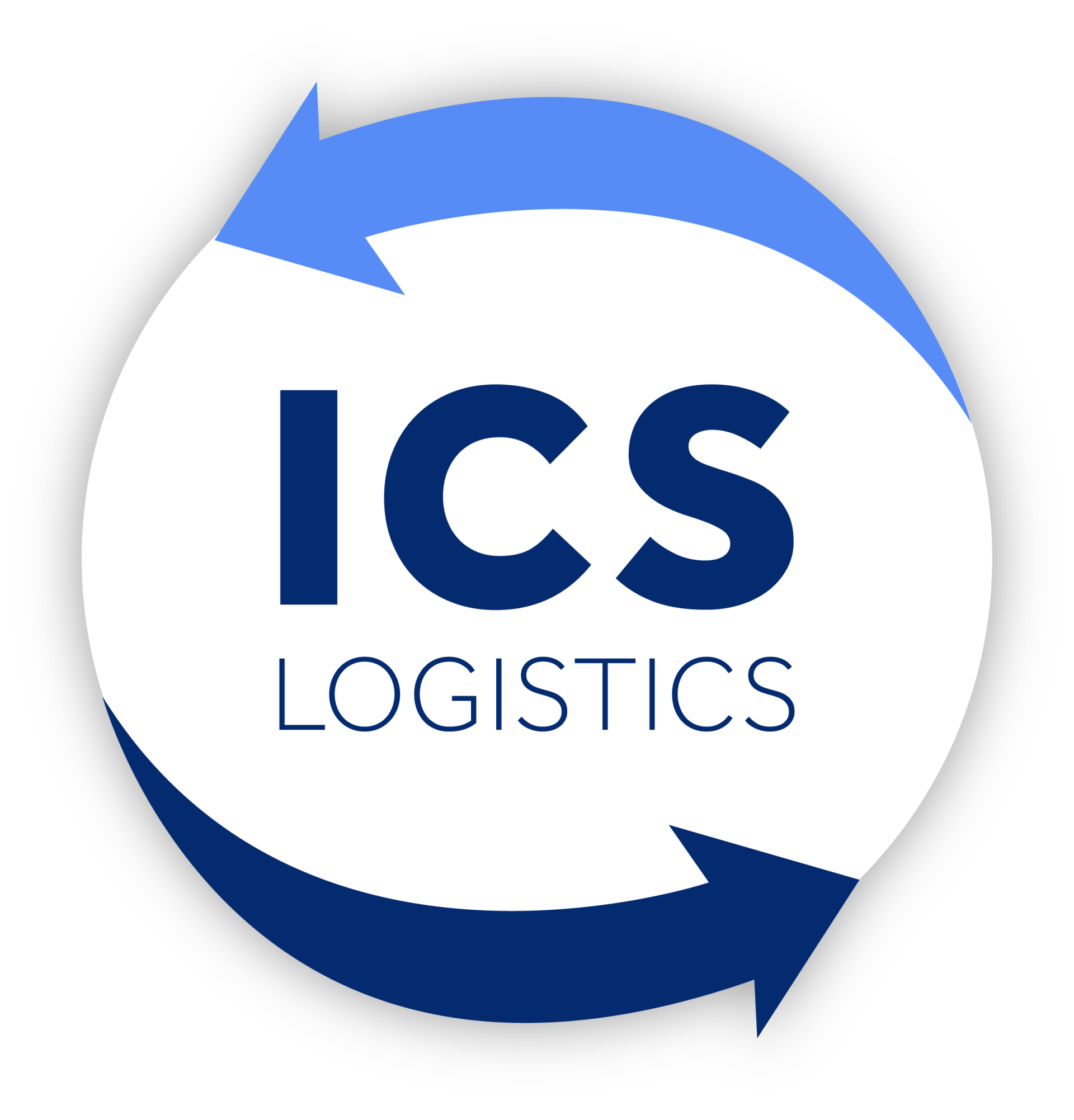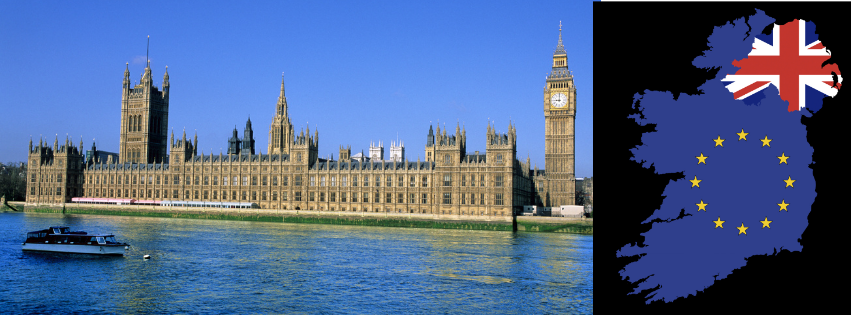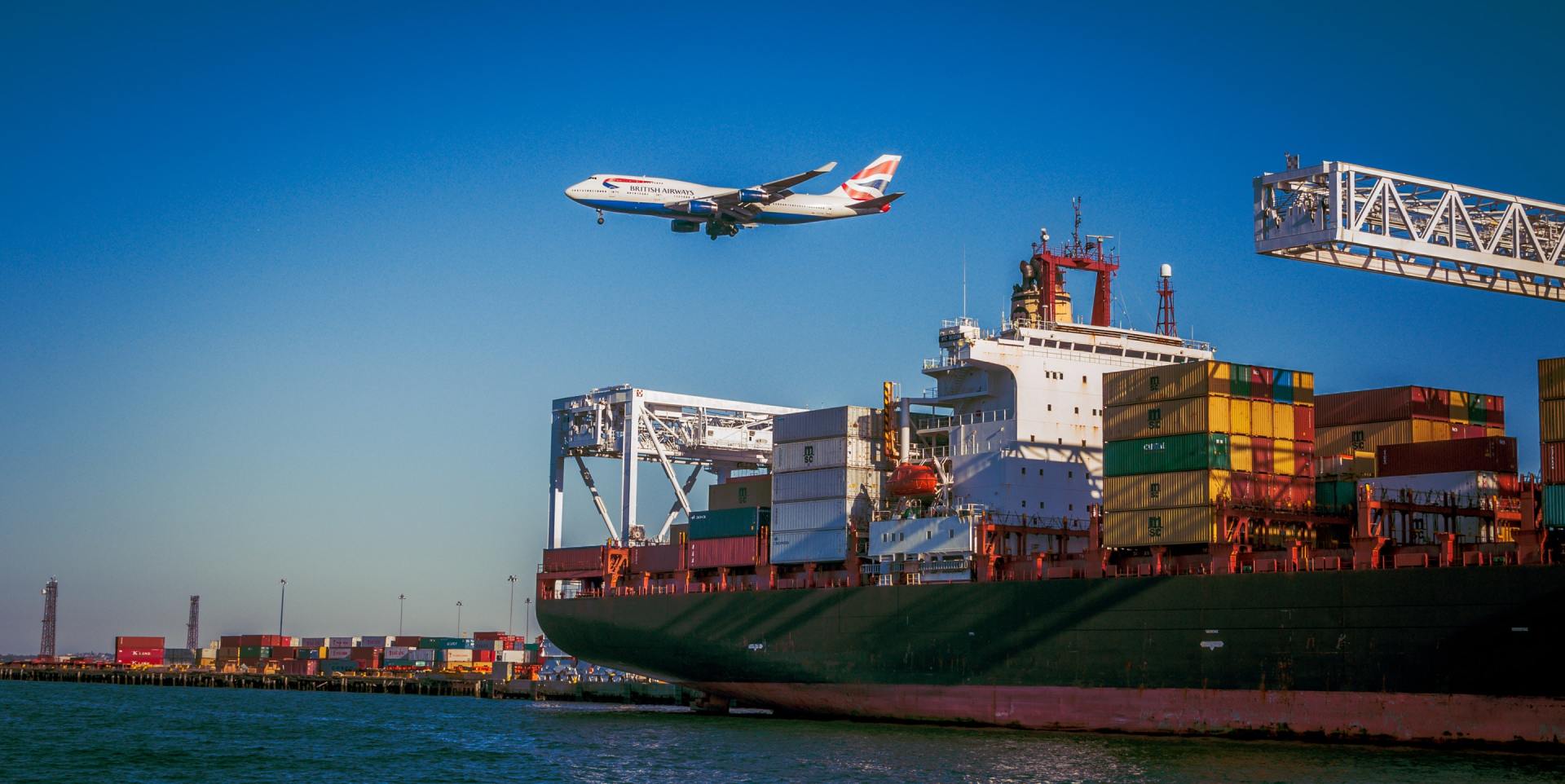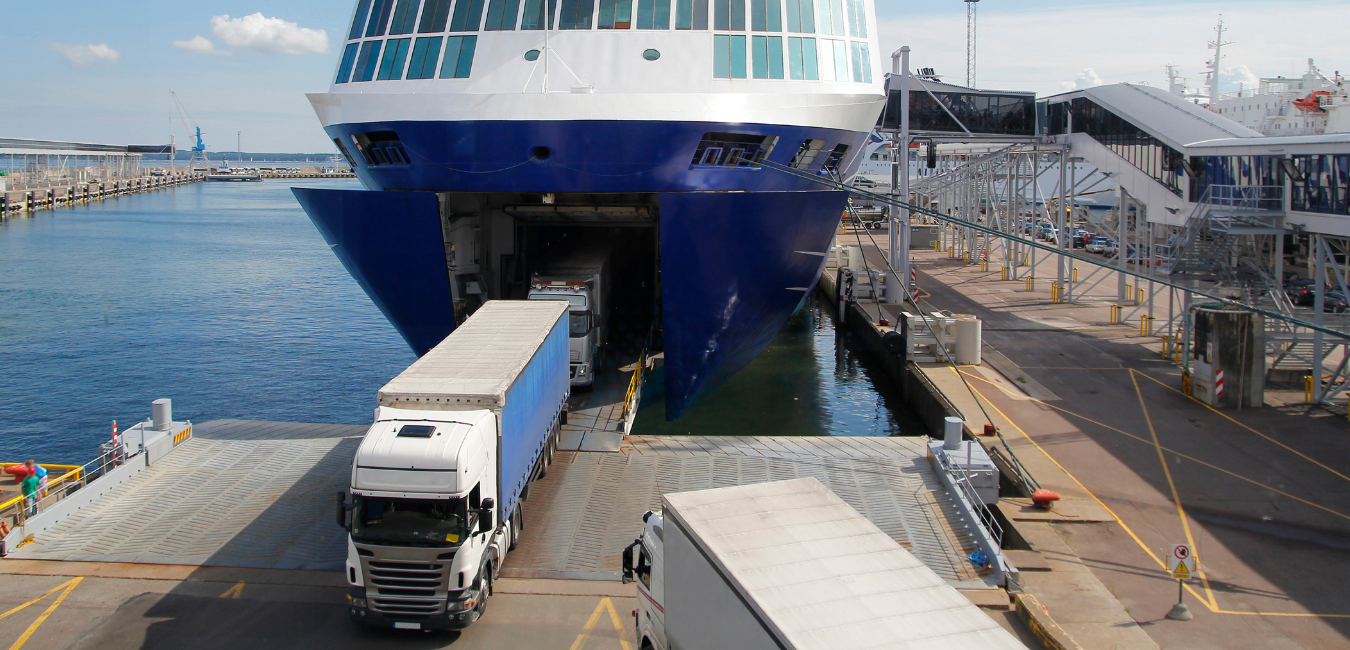
A manufacturer in Germany supplies EU qualifying products to a GB company and zero tariffs applies. The GB company places the products within their common stock warehouse and later they are purchased by a company in the Republic of Ireland. Under the TCA rules of origin for preferential trade, these goods when imported into Ireland are not covered by the agreement and full tariffs apply.
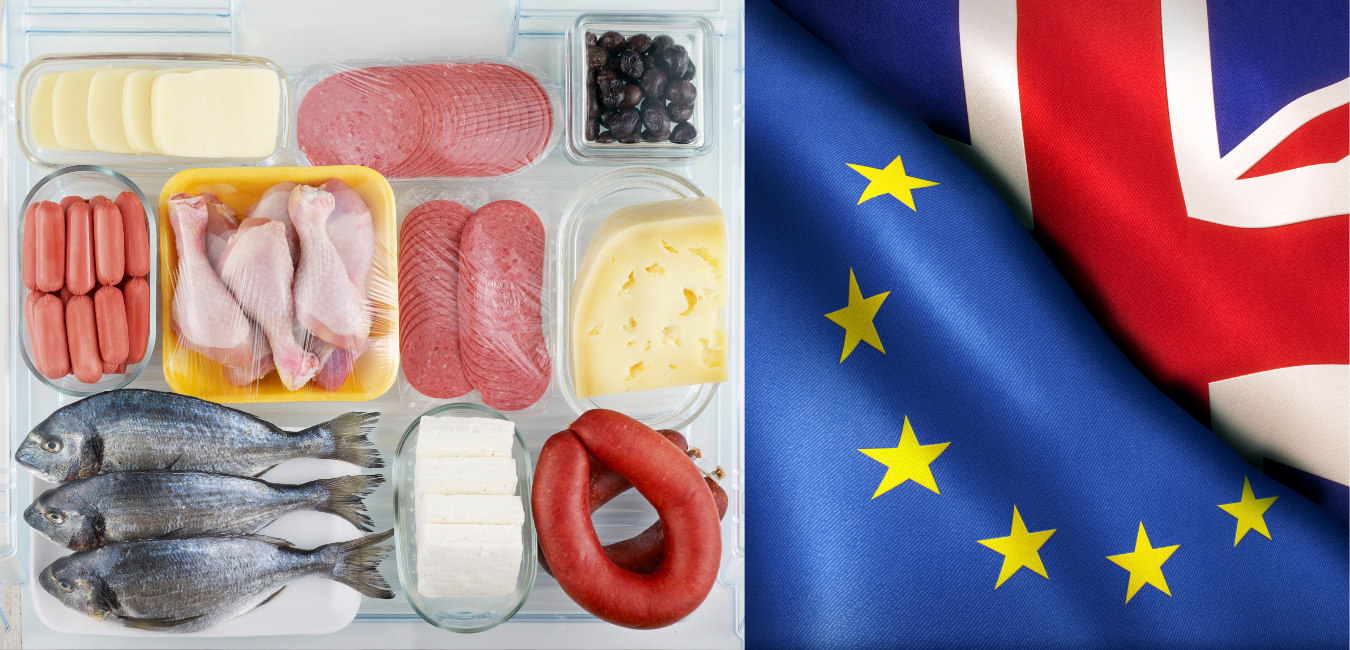
Not having clearly defined export / import processes with the EU caused unnecessary documentation issues resulting in long delays at the ports and some vehicles being sent back to the UK. Exporters of food products from Great Britain (GB) were especially impacted due to their Export Health Certificates (EHCs) not being compliant with EU import regulations. Food exporters and their Official Veterinarians complete and issued these certificates in compliance with the directives of the Department for Environment Food & Rural Affairs.
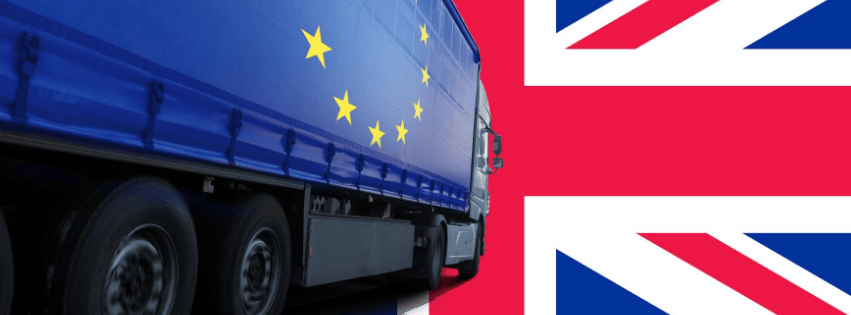
The UK Government have stated that on 1 January 2021 the transition period with the European Union (EU) will end and the United Kingdom (UK) will operate a full, external border as a sovereign nation. This means that controls will be placed on the movement of goods between Great Britain (GB) and the EU.
The UK Government have recognised the impact of coronavirus on UK businesses’ ability to prepare and therefore have announced that they will implement full border controls on imports coming into GB in three stages up until 1 July 2021.
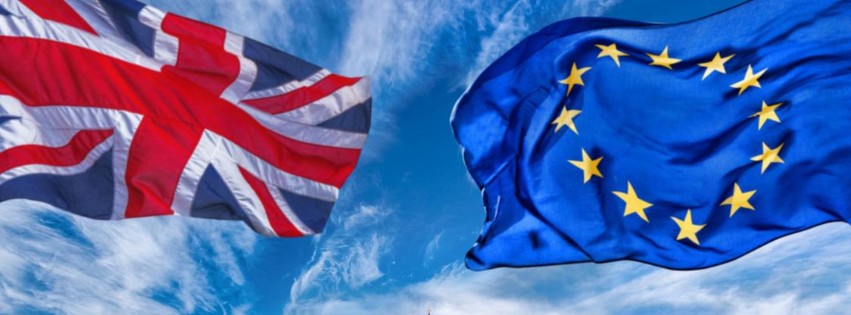
The UK Government has now released their new Import and Export Guides for the end of the Transition Period. The guides have been designed to provide a step-by-step process and aim to provide clarity around what is required at the end of the year. When it comes to following the new import / export processes and completing your Customs declarations, we can provide you with assistance and support.
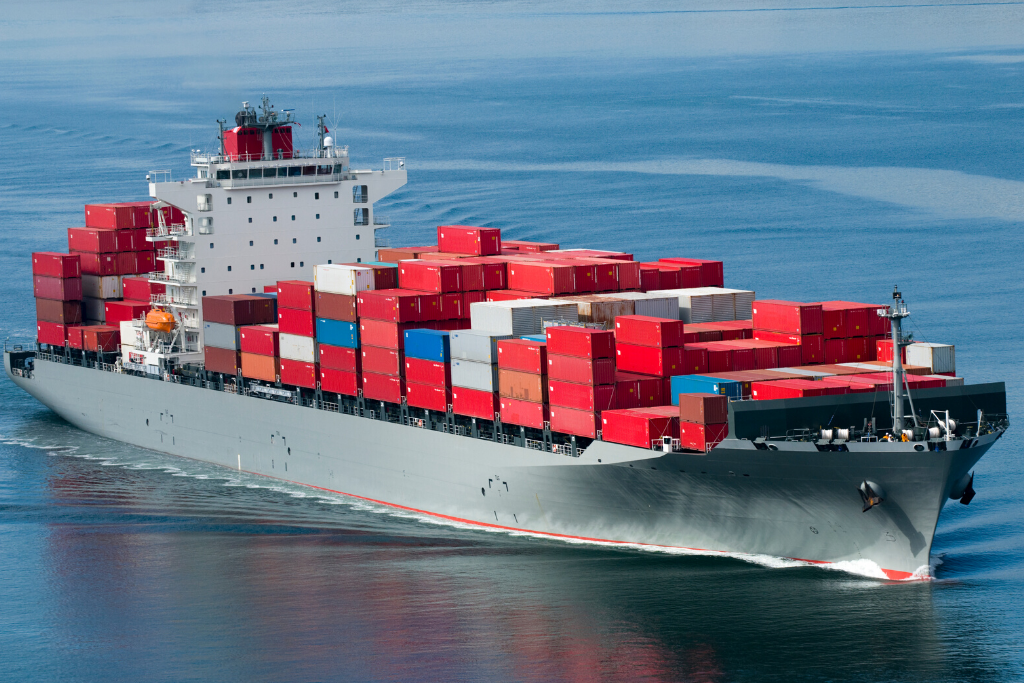
Your choice of Incoterms® 2020 will be an integral part of your commercial transaction stated within the contract.
By the parties agreeing the relevant Incoterms for the international supply chain and then incorporating it into the contract, the buyer and seller will understand responsibilities in the event of loss and damage.
The seller and buyer can include Incoterms in their contract to cover who is responsible for every stage of the international supply chain, including customs clearance and insurance requirements. Incoterms also make it clear who pays for each different cost within the international supply chain.
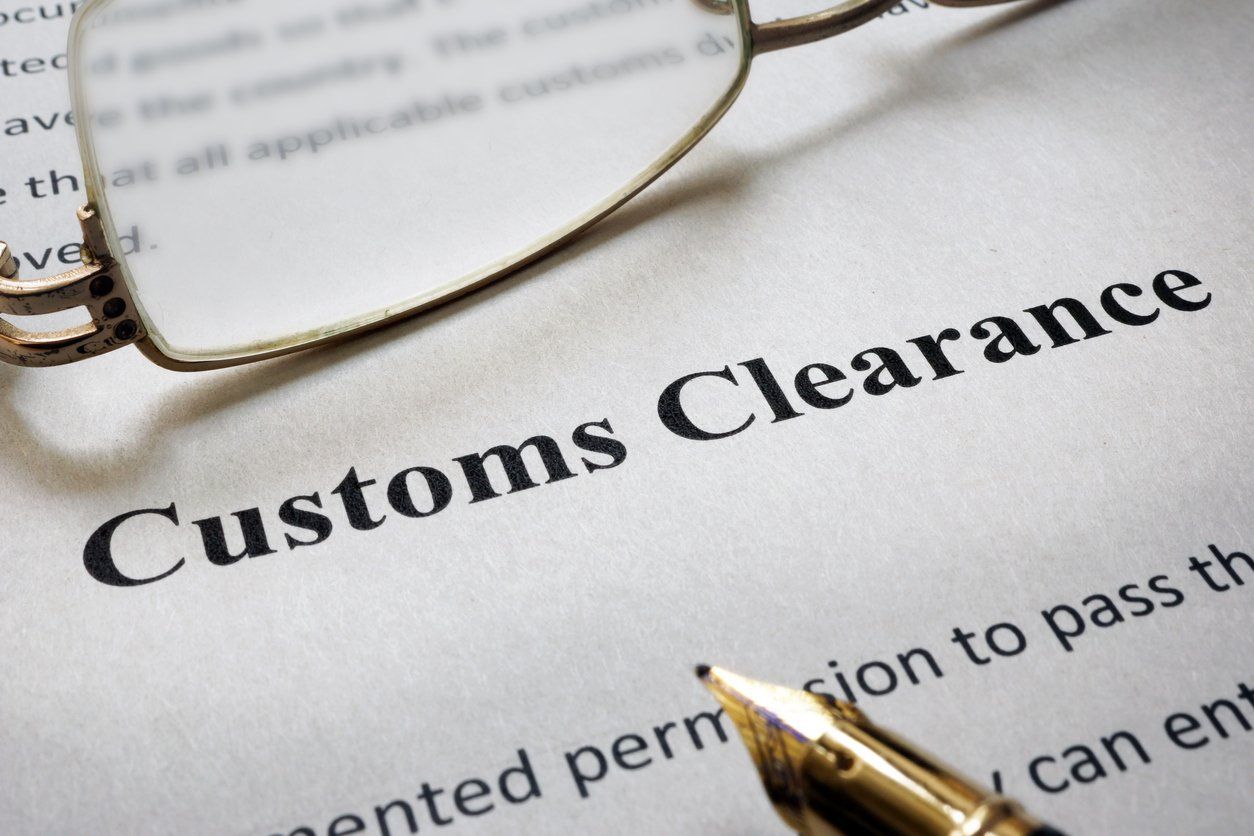
HM Revenue & Customs (HMRC) had stated that the Customs Declaration Service (CDS) will replace the existing Customs Handling of Import and Export Freight (CHIEF) system over three phases. During this period there will be dual running between the operation of CHIEF and CDS. The purpose of dual running was to minimise the impact on businesses, whilst reducing the volumes via CHIEF. The dual running of the declaration processing would stop when all importers/agents were on the CDS platform.
